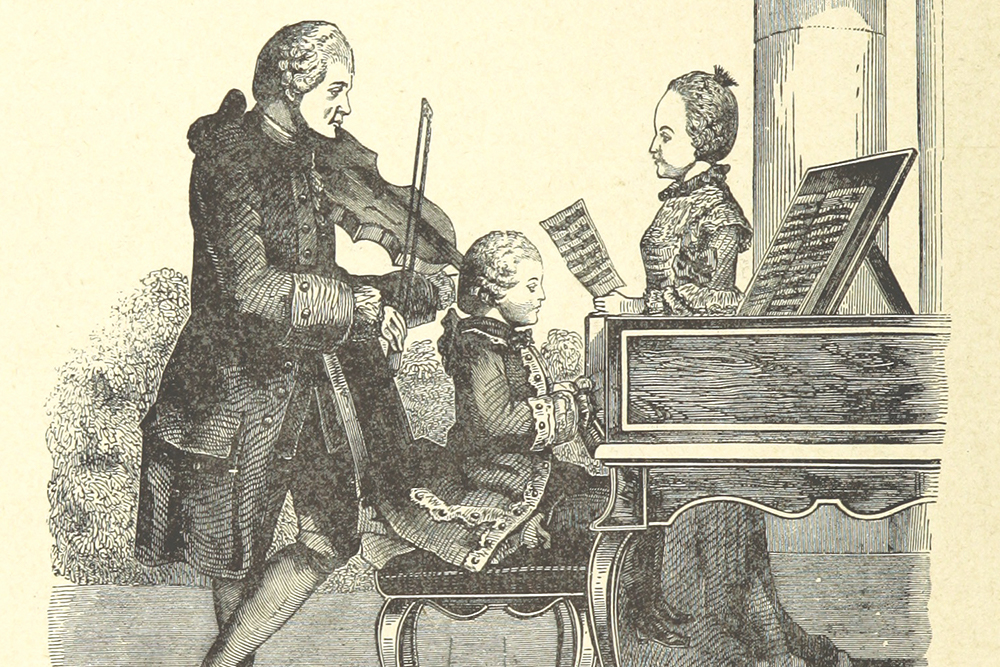You there—yes, you. Have I caught you practising with a phone in your hand again? Have you been checking out that child prodigy in Russia who has mastered what you’ve been working on for the last three months? So have I—no need to be ashamed. I just wish someone had told me off for indulging in this habit when I was much younger.
YouTube was just beginning to gain momentum in 2008 when I started taking music seriously and when I created my first email account. Back then, I was busy obsessing over J.S. Bach’s Inventions and Franz Liszt’s Consolations, joyfully practising for hours on end without a care in the world and completely oblivious to the deafening, often demoralising noise of the competitive field of classical music. There was no sense of being rushed into ‘improving’, and I remember how I used to relish this learning process purely for my own satisfaction.
When I first discovered that massive, seemingly infinite labyrinth of musical ‘home videos’ and professional recordings, I was bewildered by such life-changing discoveries as Sergei Rachmaninoff’s own recordings and Heinz Holliger playing Mozart. At the same time, the chorus of younger musicians in those home videos, kept in tune by their eager parents keen to present ‘the next Mozart’, made me feel extremely small and, at times, purposeless. I remember how the motivation and pleasure in music that I had built up over the course of many years slipped through my fingers in a matter of weeks.
I struggled with the painful symptoms inflicted by these viral videos for years after picking the first of many forbidden fruits. An American kid masterfully executing all the octaves of a Transcendental Étude, a young Spanish oboist playing continuously for ten minutes without ever breathing, a young Chinese flautist flaunting her perfect glissandi while blindfolded… I’ll hook you up with a PDF if you want the whole list.
Basically, I lost sight of my own ambitions, obstacles, and purpose in music. I was on a toxic treadmill, the pace of which was decided by my sense of inferiority inspired by those braggy videos.
I only really felt ‘cured’ of this neurosis by my affair with the harpsichord during my years as an undergraduate in a university with a phenomenal collection of antique instruments. That naïve, nascent infatuation with making well-coordinated noise once again became a living reality, as I obsessed over the oscillations of brittle brass strings resounding from the soundboard of an eighteenth-century harpsichord. These sensations, these pleasures, they were mine and mine alone—no damned video was going to make them feel any less significant this time.
And yet—let’s face it—‘YouTubitis’ can probably only be managed, not fully cured. Here are some recipes for a detox diet:
- Feel every part of your body when playing, and listen to every little vibration of your music.
- Make a list of all your frustrations, and then actually write up solutions for them.
- Keep track of your little weekly achievements instead of despairing over the mountains you have to climb.
- Remind yourself that disciplined, determined work is the cause of all musical successes, regardless of how hard e-prodigies try to pretend otherwise.
If you can strike that balance between being your own strict teacher and perceptive, supportive admirer, you can start to dig yourself out of the bullshit other people have decided to unload (upload) on top of you.
Be kind to yourself, be patient—our time will eventually come.

